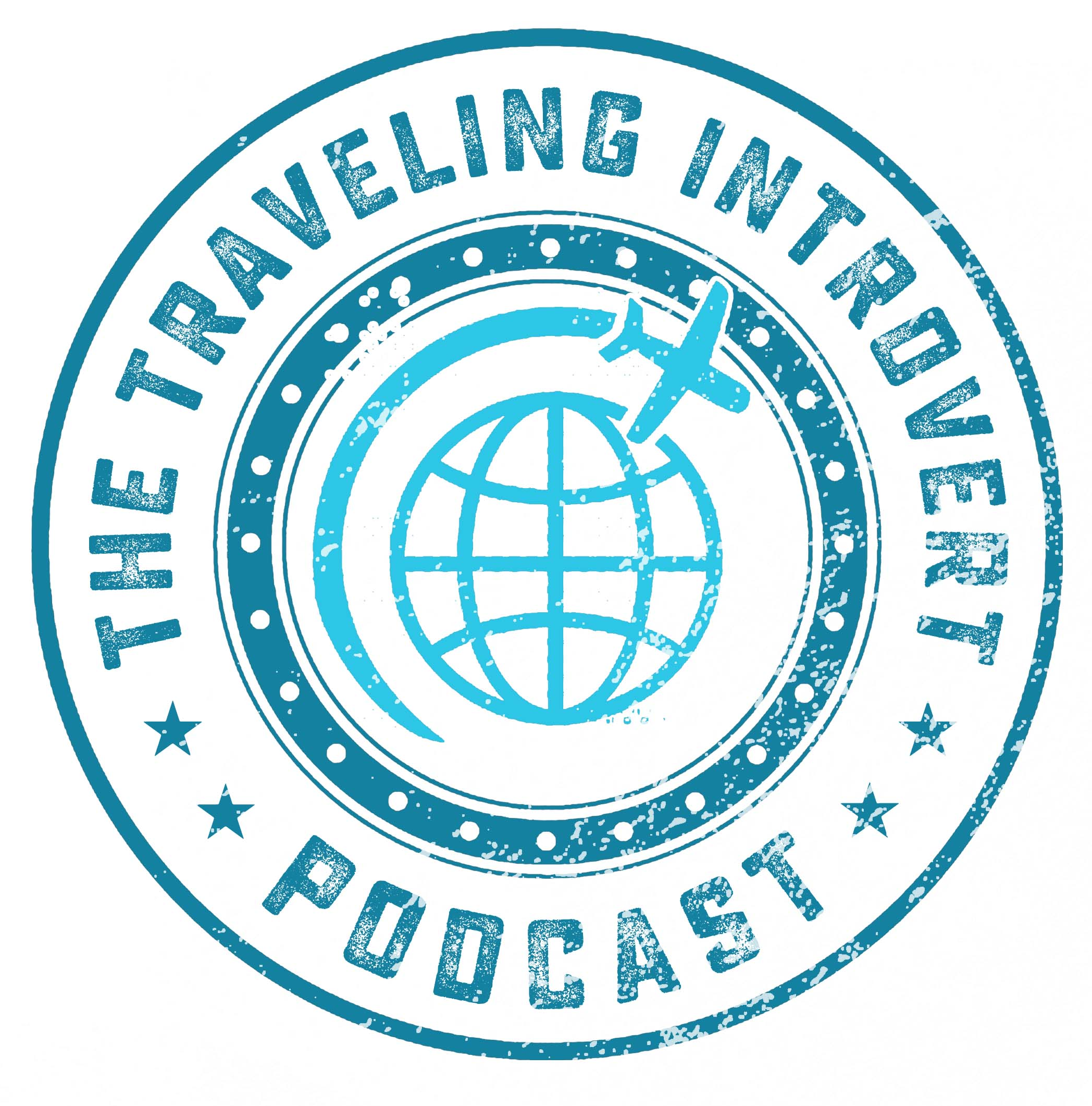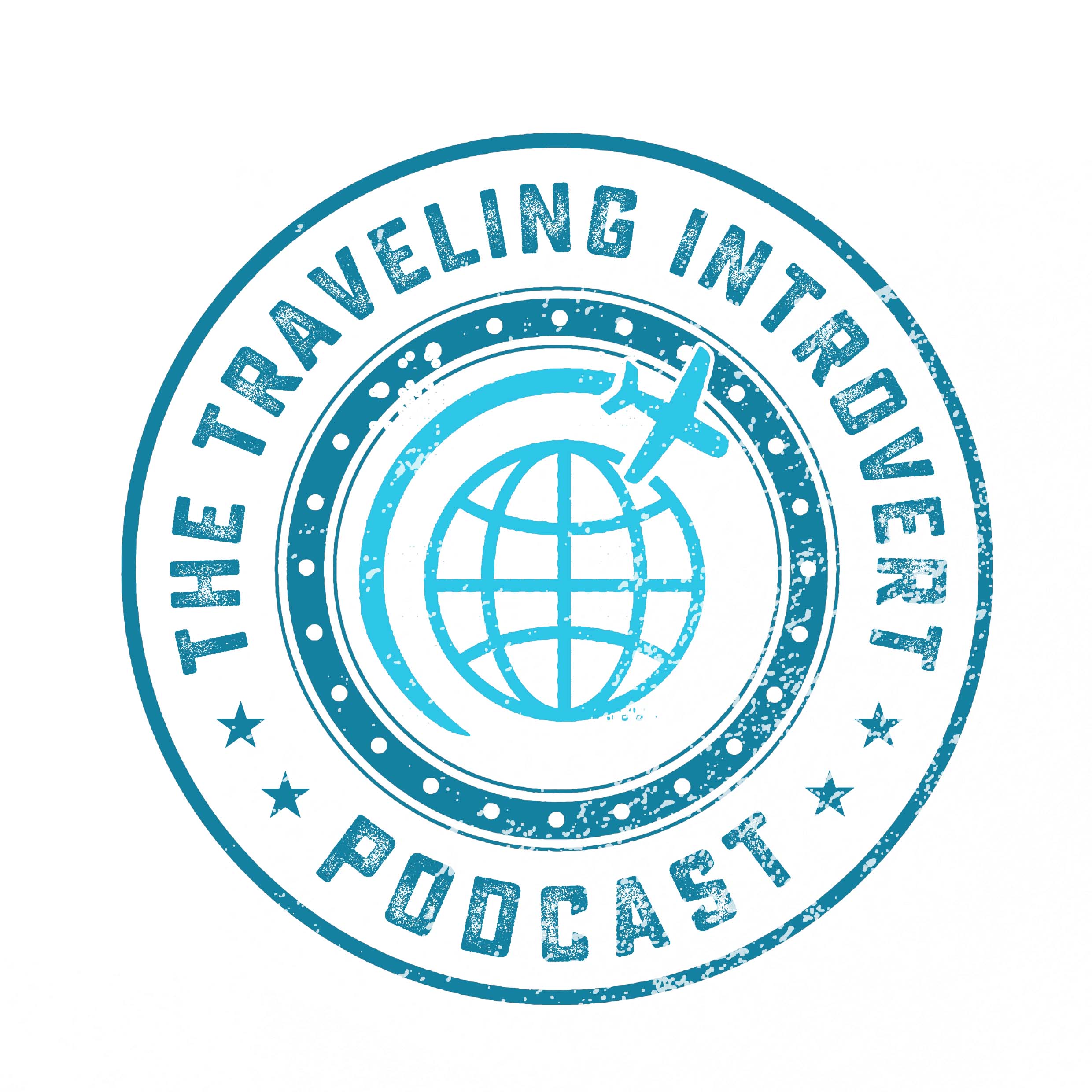Episode 425
The Hidden Flaws of Workplace Personality Testing
This episode discusses the misuse of personality tests in organizations, especially when they're used as gatekeepers in the hiring process rather than as tools for understanding team dynamics and individual strengths. Many companies have begun using these tests to filter candidates early on, potentially overlooking qualified individuals simply because their test results don't fit a certain mold. This often disadvantages introverts and those whose personalities don't match the perceived ideal. The real value of personality tests should be to help managers understand how people think, set goals, and collaborate—not to make hiring or promotion decisions. Misapplying these tests can lead to missed opportunities for diversity, reduced morale, and a disconnect between test results and actual capabilities. Ultimately, organizations should avoid using personality tests as a shortcut for meaningful interviews and instead use them thoughtfully to better support their teams.
Transcript
Hello and welcome to the Traveling Introvert. And today I want to talk about the misuse of personality testing in organizations. So this came up on a LinkedIn post the other day, and a lot of HR people have used personality tests and they've come and goes within the HR sort of world. And I was talking about how they might favor extrovert characteristics. And here's the thing with personality testing to the point that I have taken multiple personality tests for jobs. In fact, there was even one role. It was for a HR role. And they made me take test.
Janice Chaka [:It was one of the first things I did. And they came back with the results and they said, oh, well, there's no way you can possibly work in HR with that test result. And I was like, I'm sorry, I have over 10 years experience in HR. What do you mean I now can't work in HR because this personality test said no. So personality tests can be used for understanding, but can also be a barrier to opportunity. And so originally, the purpose of personality tests in professional settings at least, were to be a compass, meant as a guide not to dictate one's path, but to enhance team dynamics and individual growth. And then somehow along the way, companies started to try and use it as a shortcut to actually interviewing someone for their skills or being able to choose between candidates. They used it as a shortcut without really thinking what that might mean.
Janice Chaka [:And so they started to use personality tests to filter out candidates far too early in the process. And because of this, many talented individuals were overlooked due to the test result not giving whatever the people testing thought was the correct response. But again, the personality test shouldn't necessarily be used to determine if someone can do the job or not. There's different testing for that. This is just to let you know how that person thinks, how they set goals, how they collaborate, how many potential leaders have been missed out on because they didn't fit into a specific mold. Using a personality test is kind of like a recipe without considering individual flavors and tastes. Like, I love me a bunch of Indian food, but if you put cilantro on it, I will hate it. Same as Vietnamese food.
Janice Chaka [:That's my individual flavor palette that, like, I just don't like it. And apparently my DNA has made that so. And so this misuse has led to missed opportunities for diversity within the workplace. Lots of introverts missing out on roles, reduced morale, because, well, I know I can do this job, but apparently I'm not enough company fit or whatever it might be. And there's a huge disconnect between the test results and real world capabilities. And so it's really important that if you are a manager or an organization using a personality test that you're using it for the right reasons. You're not using it to label people in such a way that it means they can or can't do the job. The test should be used to help managers manage better.
Janice Chaka [:To know how a person thinks, how they respond to stimuli, what works best for them. It shouldn't be used to dictate whether or not someone can or cannot do a job. It is restrictive, it is redactive, and quite frankly, it's a little insulting. So the idea is to have better test cases. Best test taking practices do not use personality tests as a shortcut for real interviewing for actually sitting down with the person and listening to them and not asking. Because we all know we get trained how to answer the questions. And what someone said to me is they felt shame when they were filling out a personality test because they weren't seen as a insert thing here. Mainly extrovert tendency things.
Janice Chaka [:And it's just the intention was good, but the execution really sucked. So thinking about things and how that looks. If there is an organization out there that's using a personality test as their first line of defense, they're probably not the right organization for you. Thank you for listening. This is Janice at the Career Introvert helping you build your brand and get hired. Have a great rest of your week.



